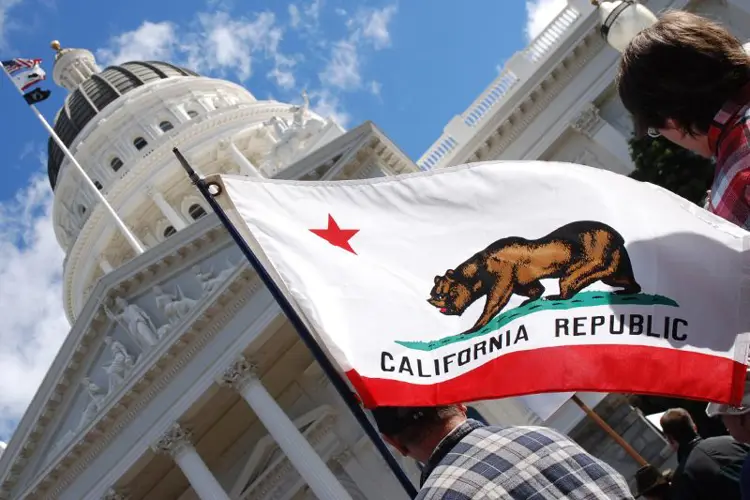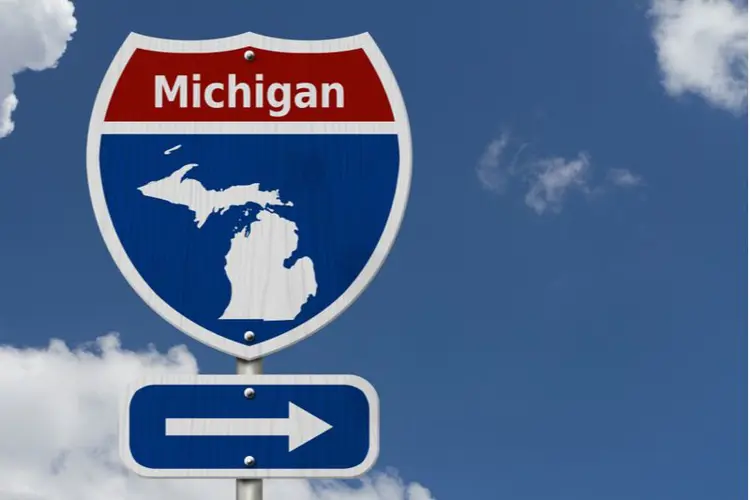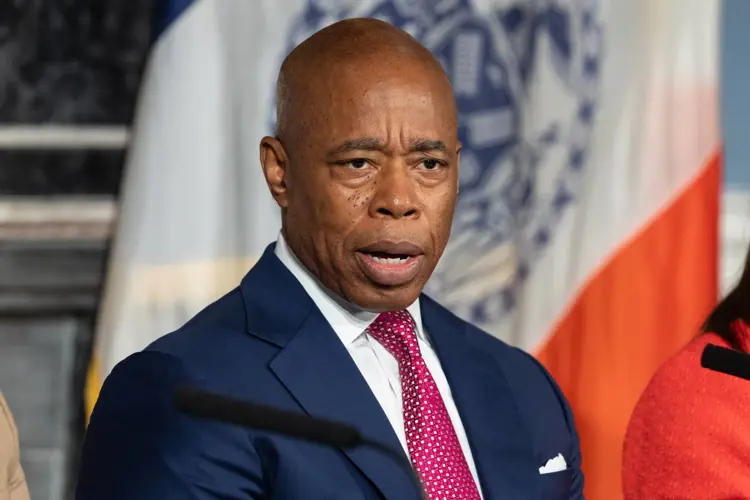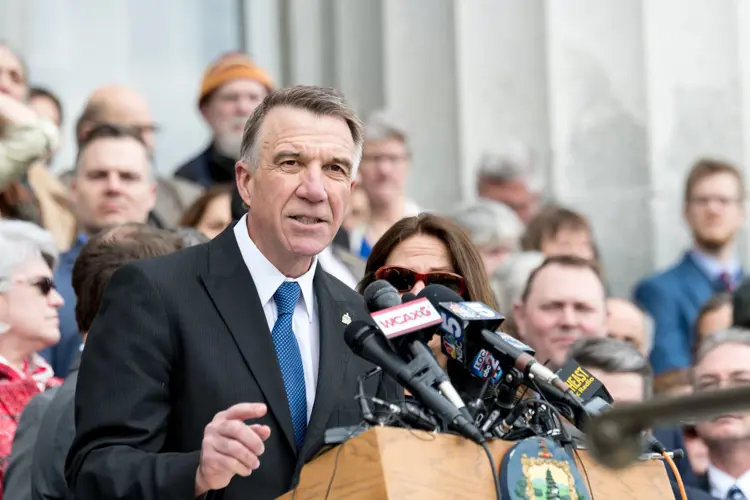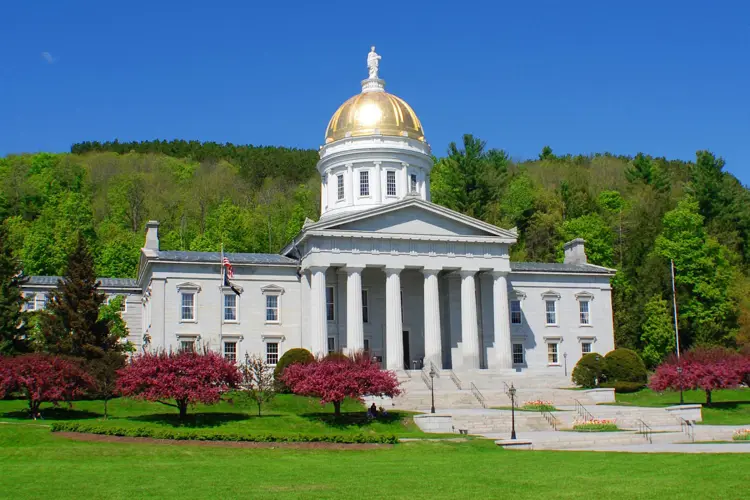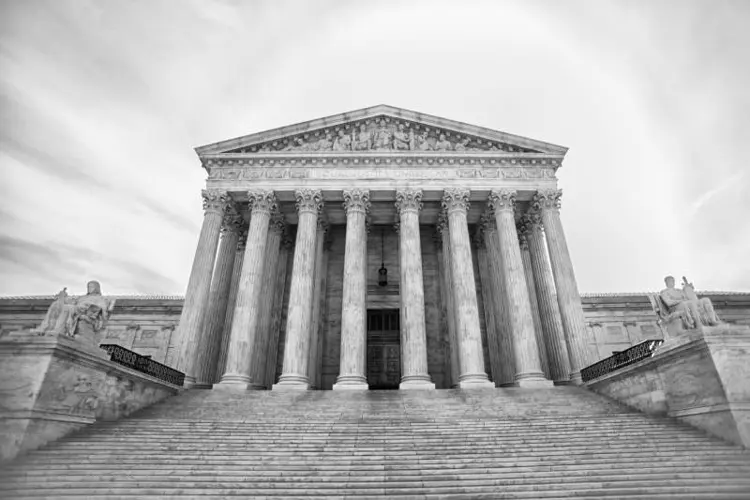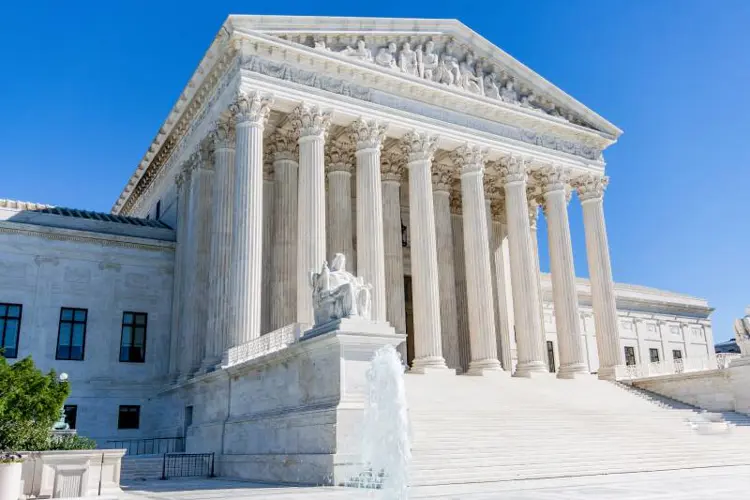New Jersey governor Phil Murphy has signed into law the flavored vaping product sales ban that was passed last week by the state legislature. However, the governor vetoed some of the related bills that imposed additional restrictions.
Murphy issued a signing statement indicating that he was unhappy with the “piecemeal approach to a problem that requires a comprehensive solution.” What difference it makes whether restrictions are in one vape ban bill or three was not explained.
Left out of the final law were:
- A 2% (20 mg/mL) cap on e-liquid nicotine strength
- An increase in state taxes on vaping products
- The creation of a tracking system for vaping products sold in the state
- Additional licensing fees on retailers selling vaping products
- Increased penalties for retailers who sell to customers under age 21
- A ban on sales in pharmacies
The sponsors of the vetoed bills announced that they would introduce new legislation “within the week” to cap nicotine strength, increase taxes, and restrict where vaping products can be sold.
“We’re going to work on the…necessary adjustments that will bring all parties to agreement,” Assemblyman Herb Conaway told POLITICO. “We’re all of a mind that regulatory reform and tax reform is needed. Of course, it’s always a question of how much regulation and how much tax.”
“As governor, I am first and foremost charged with protecting the health and safety of our people,” said Gov. Murphy. “Research shows that flavored electronic smoking devices and products, such as mint, candy, fruit, and chocolate, are extremely appealing, especially to children."
Murphy’s “research shows” claim doesn’t hold water. The most current data from the National Youth Tobacco Survey shows that almost 78 percent of U.S. middle- and high school students don’t list flavors as a reason for trying e-cigarettes—even when they are able to choose multiple reasons. The most common answer was actually curiosity.
Bizarrely, the governor also claimed that the New Jersey ban is the first in the country. “I am particularly proud that New Jersey will become the first state with a legislatively-passed ban on flavored vaping products,” he said in the statement.
Massachusetts became the first state to impose a legislatively-passed flavor ban when Gov. Charlie Baker signed it into law on Nov. 27, 2019. It was first passed by the state’s legislature. Massachusetts also banned menthol cigarettes—something the New Jersey lawmakers backed off from, explaining truthfully that they didn’t want to lose the tax revenue.
Bills banning vape flavors have been introduced this year in about 20 state legislatures. Many of them are serious threats to pass, including in large states like New York and California. No white knight is going to appear to save flavors. If these bills are going to be fought, it will be vapers and small business owners doing it themselves.
The Freemax REXA PRO and REXA SMART are highly advanced pod vapes, offering seemingly endless features, beautiful touchscreens, and new DUOMAX pods.
The OXVA XLIM Pro 2 DNA is powered by a custom-made Evolv DNA chipset, offering a Replay function and dry hit protection. Read our review to find out more.
The SKE Bar is a 2 mL replaceable pod vape with a 500 mAh battery, a 1.2-ohm mesh coil, and 35 flavors to choose from in 2% nicotine.
Because of declining cigarette sales, state governments in the U.S. and countries around the world are looking to vapor products as a new source of tax revenue.
The legal age to buy e-cigarettes and other vaping products varies around the world. The United States recently changed the legal minimum sales age to 21.
A list of vaping product flavor bans and online sales bans in the United States, and sales and possession bans in other countries.







